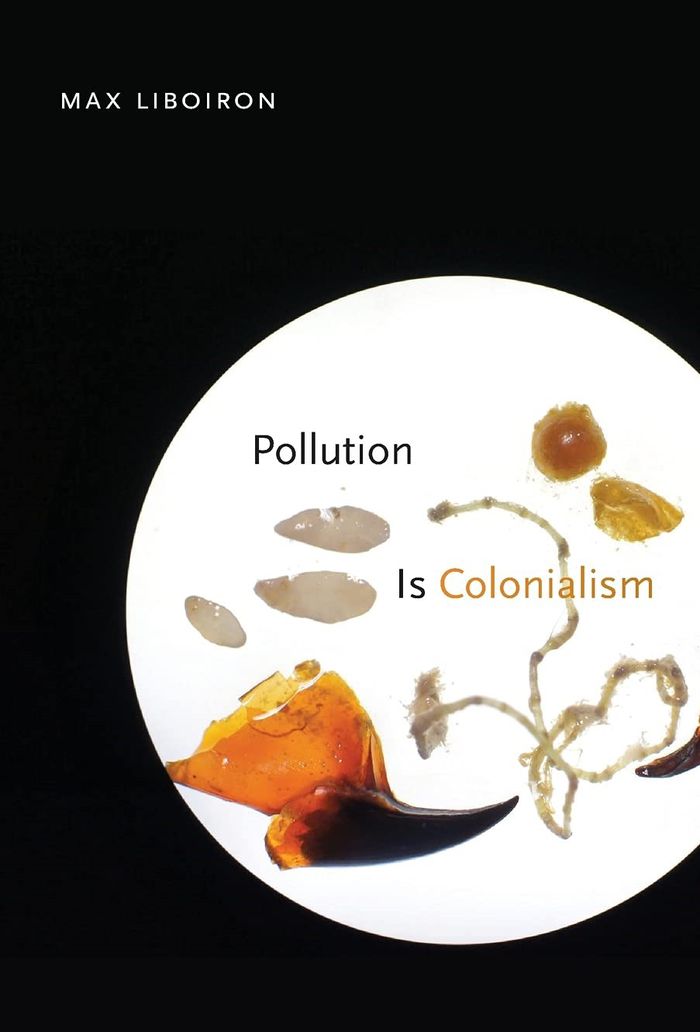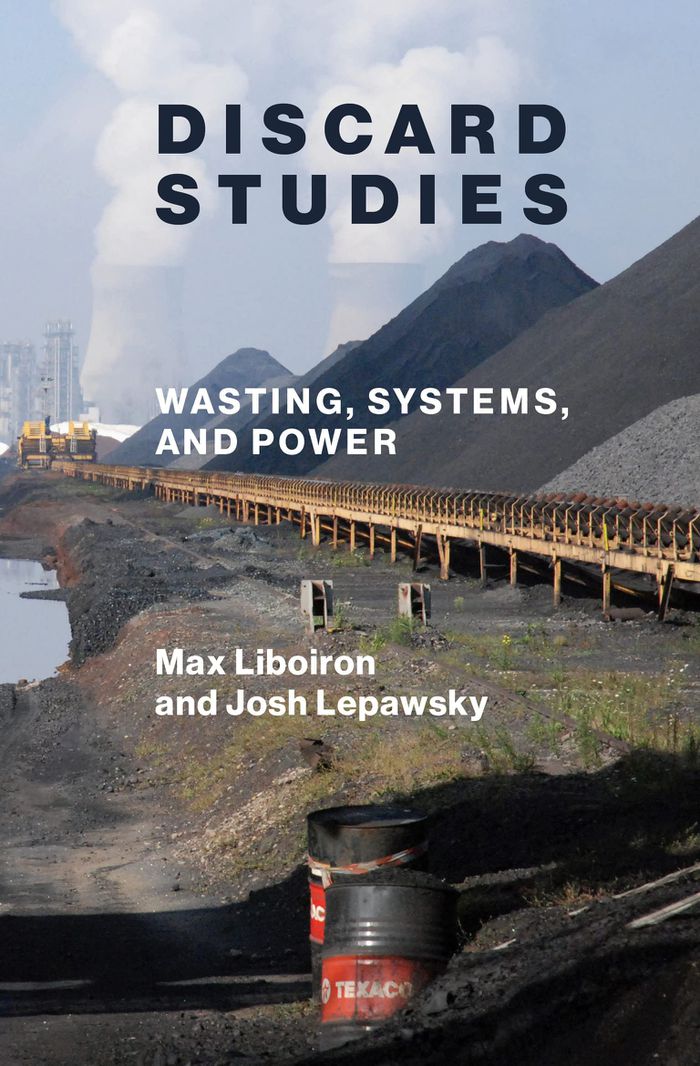Polluer, c'est coloniser
$45.95
(disponible en magasin)
Résumé:
Salué comme incontournable dès sa parution en anglais, Polluer, c’est coloniser est d’abord un livre de méthode, qui cherche à définir une éthique, une manière collective d’être au monde. Au fil d’une enquête sur l’histoire, la conception et la réglementation de la pollution engendrée par les plastiques, il montre que cette dernière n’est pas une expression ou un effet du(...)
décembre 2024
Polluer, c'est coloniser
Actions:
Prix:
$45.95
(disponible en magasin)
Résumé:
Salué comme incontournable dès sa parution en anglais, Polluer, c’est coloniser est d’abord un livre de méthode, qui cherche à définir une éthique, une manière collective d’être au monde. Au fil d’une enquête sur l’histoire, la conception et la réglementation de la pollution engendrée par les plastiques, il montre que cette dernière n’est pas une expression ou un effet du colonialisme mais la mise en œuvre de rapports coloniaux à la terre, rapports que peuvent involontairement reproduire des militant·es et des scientifiques animé·es des meilleures intentions. Mais, éthique ne voulant pas dire leçon de morale, l’ouvrage rejette les jugements expéditifs et les idées toutes faites. La clé réside dans l’attention aux lieux : parce qu’une méthode est toujours située, inscrite dans des relations particulières à des territoires, elle est investie d’une responsabilité particulière vis-à-vis d’eux. S’appuyant sur un travail mené à Terre-Neuve-et-Labrador, Max Liboiron propose de bâtir une science anticoloniale, avec le double souci d’échapper aux cadres de pensée uniformisants et de livrer des enseignements dont d’autres, ailleurs, pourront s’emparer.
Pollution is colonialism
$33.95
(disponible sur commande)
Résumé:
In 'Pollution Is Colonialism' Max Liboiron presents a framework for understanding scientific research methods as practices that can align with or against colonialism. They point out that even when researchers are working toward benevolent goals, environmental science and activism are often premised on a colonial worldview and access to land. Focusing on plastic pollution,(...)
Pollution is colonialism
Actions:
Prix:
$33.95
(disponible sur commande)
Résumé:
In 'Pollution Is Colonialism' Max Liboiron presents a framework for understanding scientific research methods as practices that can align with or against colonialism. They point out that even when researchers are working toward benevolent goals, environmental science and activism are often premised on a colonial worldview and access to land. Focusing on plastic pollution, the book models an anticolonial scientific practice aligned with Indigenous, particularly Métis, concepts of land, ethics, and relations. Liboiron draws on their work in the Civic Laboratory for Environmental Action Research (CLEAR) — an anticolonial science laboratory in Newfoundland, Canada — to illuminate how pollution is not a symptom of capitalism but a violent enactment of colonial land relations that claim access to Indigenous land. Liboiron's creative, lively, and passionate text refuses theories of pollution that make Indigenous land available for settler and colonial goals. In this way, their methodology demonstrates that anticolonial science is not only possible but is currently being practiced in ways that enact more ethical modes of being in the world.
$40.00
(disponible sur commande)
Résumé:
Discard studies is an emerging field that looks at waste and wasting broadly construed. Rather than focusing on waste and trash as the primary objects of study, discard studies looks at wider systems of waste and wasting to explore how some materials, practices, regions, and people are valued or devalued, becoming dominant or disposable. In this book, Max Liboiron and(...)
mai 2022
Discard studies: Wasting, systems, and power
Actions:
Prix:
$40.00
(disponible sur commande)
Résumé:
Discard studies is an emerging field that looks at waste and wasting broadly construed. Rather than focusing on waste and trash as the primary objects of study, discard studies looks at wider systems of waste and wasting to explore how some materials, practices, regions, and people are valued or devalued, becoming dominant or disposable. In this book, Max Liboiron and Josh Lepawsky argue that social, political, and economic systems maintain power by discarding certain people, places, and things. They show how the theories and methods of discard studies can be applied in a variety of cases, many of which do not involve waste, trash, or pollution. Liboiron and Lepawsky consider the partiality of knowledge and offer a theory of scale, exploring the myth that most waste is municipal solid waste produced by consumers; discuss peripheries, centers, and power, using content moderation as an example of how dominant systems find ways to discard; and use theories of difference to show that universalism, stereotypes, and inclusion all have politics of discard and even purification—as exemplified in ''inclusive'' efforts to broaden the Black Lives Matter movement. Finally, they develop a theory of change by considering ''wasting well,'' outlining techniques, methods, and propositions for a justice-oriented discard studies that keeps power in view.


